Norman Harris (October 14, 1947 - March 21, 1987) – Love Addict (1969)
This early Philly soul/funk masterpiece by Honey & The Bees was co-written by legends Norman Harris, Thom Bell, and Jimmy Bishop of WDAS-FM.

Watch full video on Substack or Twitter.
The late musical genius Norman Harris was a hugely influential giant of the golden soul era who wrote, produced, arranged, or played on hundreds of records in the 60s and 70s. He helped craft the Philly Sound as one of the core original members of MFSB, the backing group for Kenny Gamble and Leon Huff's Philadelphia International Records (PIR).
Born in Danville, Virginia, his family moved to Philadelphia when he was young. There, he taught himself to play guitar while in high school and started performing in local nightclubs. He became friends with fellow musicians Ronnie Baker, who played bass, and drummer Earl Young.
Harris joined the house band at the city’s Uptown Theatre. He then began writing songs, with early productions released on longtime WDAS-FM Program Director Jimmy Bishop’s Arctic Records label.
Harris, Baker, Young and guitarist Bobby Eli were the uncredited studio band on Cliff Nobles & Co.’s “Love Is All Right” (1968) with the B-side instrumental version of the track called “The Horse.” The B-side caught on with radio DJ’s, and became a hit, peaking at #2 on both the national R&B charts and Billboard Hot 100. The single sold over a million copies, and suddenly the four session musicians were in high demand.
They wrote and played on numerous songs for other artists over the next few years. One of their soul/funk gems was “I Can Dig It” (1969) by The Daley Diggers which the four of them co-wrote with Bishop. Another of their early collaborations was the blistering funk instrumental “Trippin'” (1970) by The Interpretations which Harris, Eli, Baker and Young co-wrote and Bishop produced, released on Jubilee Records.
Bishop had previously released records by the Romeos, the band Gamble and Huff played in together during the mid-60s. After the Romeos broke up, Gamble and Huff started Excel and Gamble, and Neptune Records, the two record labels that were PIR’s predecessors.
In 1971, Harris became a founding member of the band of session musicians working for Gamble and Huff’s new venture Philadelphia International Records, a group that later grew into MFSB, alongside other early members including Baker, Young, and Eli.
MFSB’s official full name was Mother, Father, Sister, Brother but the initials also stood for “Mother-F*ckin' Son-Of-A-Bitch,” which was the members’ compliment of choice when someone had great musical chops. As part of the group, which eventually expanded to more than thirty musicians, Harris played on numerous classic Philly soul albums released on PIR during the early 70s. Later, he joined forces with Baker and Young to form the Baker-Harris-Young (B-H-Y) production team.
Harris went to #1 R&B with “Sideshow” by Blue Magic (co-written by Bobby Eli and Vinny Barrett) when he produced and arranged their self-titled 1974 debut LP.
One of the funkiest early Philly soul/funk masterpieces Harris co-wrote was “Love Addict” by Honey & The Bees, along with Thom Bell, Bernard Broomer and Jimmy Bishop.
It was arranged by Bobby Martin (who also arranged “The Horse” and would later become one of PIR’s primary arrangers and an unsung architect of the Philly Sound), and released on Arctic Records.
Honey & The Bees were managed by Bishop, and consisted of Jean Davis, Nadine Felder, Gwendolyn Oliver and Cassandra Ann Wooten. Several years later, Oliver and Wooten became members of the Philadelphia disco vocal group The Ritchie Family.
Bishop shut down Arctic Records in 1969, the same year “Love Addict” was released and became a vice president at April/Blackwood Music, the publishing house of CBS. He made the introduction between Gamble and Huff and CBS executives that led to the company backing and distributing Philadelphia International Records, which introduced the world to the Philly sound and helped give birth to disco.
While Harris, Baker, Young and Eli rose to great heights in their music careers during the 70s, Bishop disappeared from public view. His whereabouts in the years since are unknown and whether he is still alive remains a mystery.
More info:
"Norman Harris - The Harris Machine," review by Derek Anderson, Derek's Music Blog, January 16, 2013
"Thanks to MFSB, Love Is Still the Message 47 Years Later," by Todd "Stereo" Williams, Consequence, June 10, 2021
“Where Is Jimmy Bishop?,“ by Alex Lewis, Oxford American, December 7, 2021
#soul #funk #Philly #ThomBell #NormanHarris


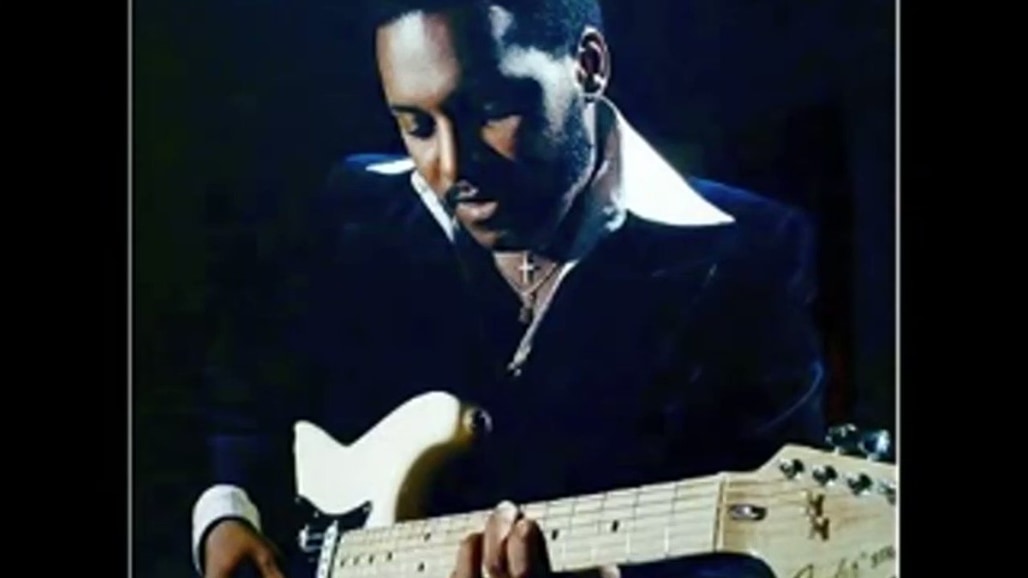

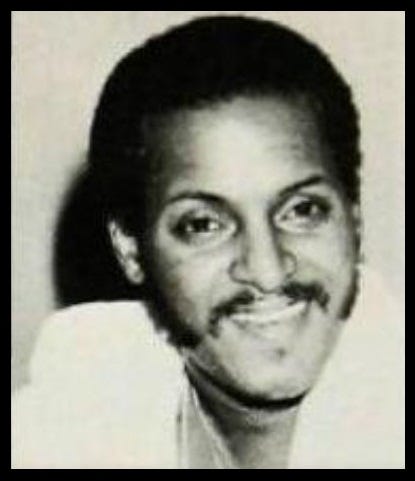
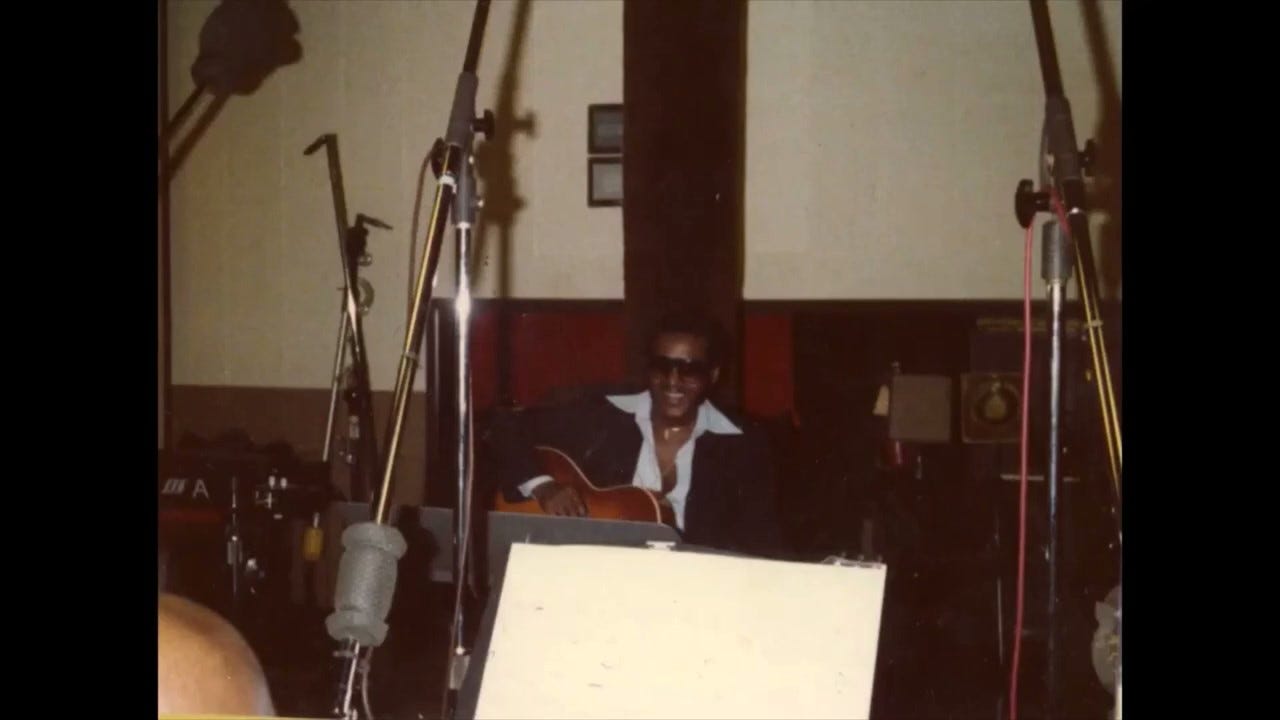
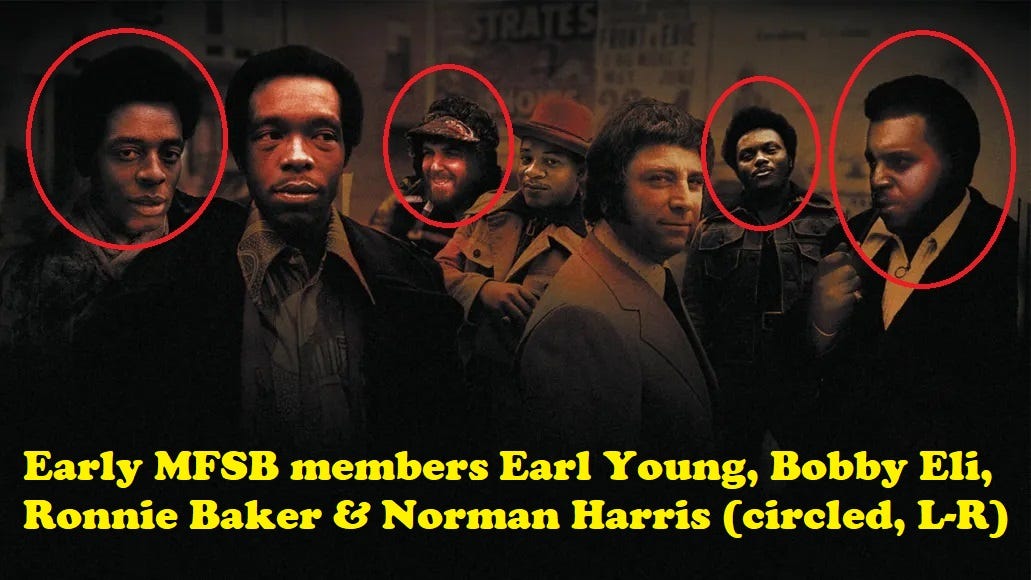
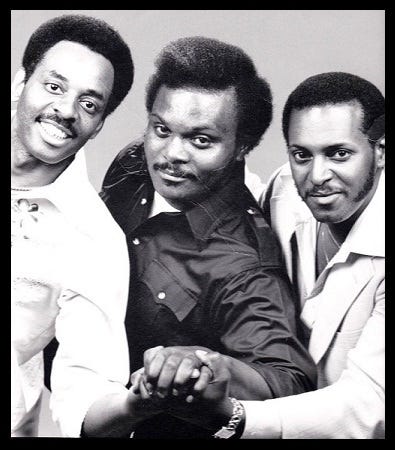
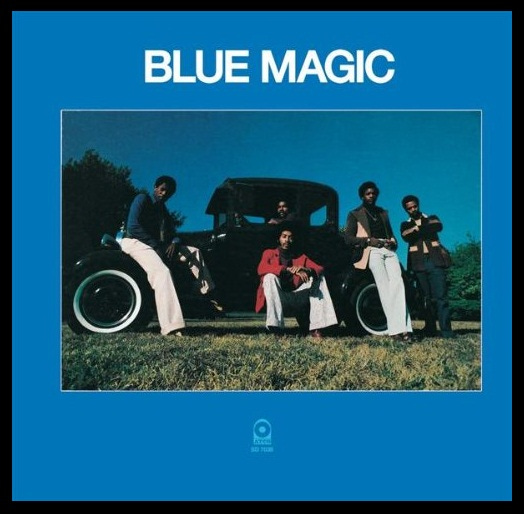

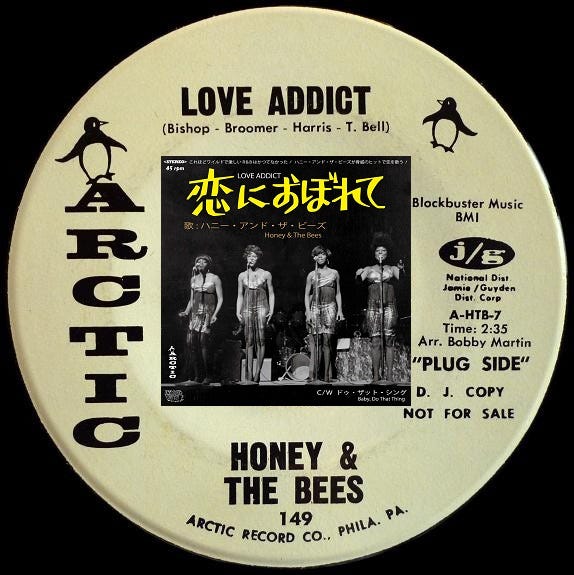
Very informative. Can always rely on Jointz of the Day to increase the volume on music history you thought you were already listening to at an adequate level.